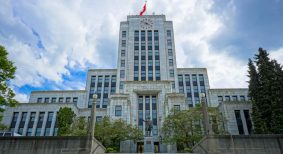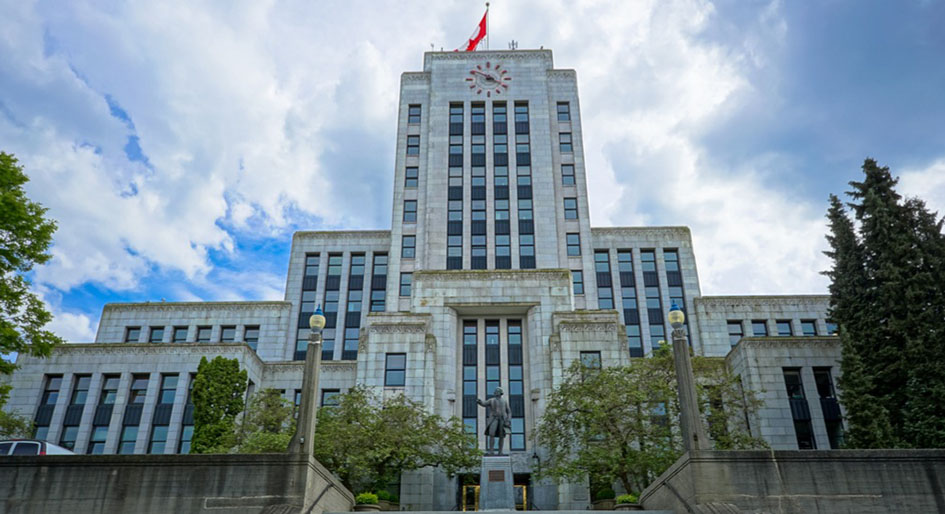Vancouver’s landfill gas-capture system is expanding thanks to a $4.28 million investment by the provincial government through the CleanBC Industry Fund, with matching funds from the City of Vancouver.
The 320-hectare (790-acre) Vancouver landfill is located next to Burns Bog in Delta and is owned by the City of Vancouver. Approximately 73 per cent of the gas emitted by the landfill was captured in 2020.
“Through CleanBC, we’re making major investments that will reduce emissions and fight climate change,” said George Heyman, minister of environment and climate change strategy. “The Vancouver landfill project will remove an estimated 485,000 tonnes of carbon-dioxide equivalent over the next decade. This is a huge opportunity to replace fossil fuels and provide people, businesses and the city with low-carbon alternatives made from organic waste.”
The project will expand the current landfill gas-collection system by installing a system of wells, collectors and piping to capture methane and carbon dioxide that would otherwise be vented to the atmosphere. Landfill gases will be transported for refining into usable renewable natural gas that will be sold to FortisBC and incorporated into the company’s natural-gas distribution system for residents, businesses and the city’s buildings, vehicles and neighbourhood energy utility.
“The Vancouver landfill project is our largest renewable natural gas project to date and a key part of our 30BY30 plan to reduce customers’ greenhouse gas emission by 30 per cent by 2030,” said Joe Mazza, vice-president of energy supply and resource development, FortisBC. “FortisBC is working with the province through CleanBC and making substantial investments in innovation, energy efficiency and renewable natural gas to ensure we build a cleaner economy together.”
The Vancouver landfill gas expansion project is expected to reduce approximately 485,000 tonnes of carbon-dioxide equivalent over the next decade.











Great. I did a project in 1985 that calculated the emissions from all the lower mainland sites both solid and liquid waste and determined how feasible it would be to do just what they are doing now. Took 36 years. The report was with Setty Pendakur (Vancouver City Councillor and Planning Professor UBC). The issue that made it unfeasible at that time was transportation. Industry would have to be located at the landfill to use the gas. At the time, the liquid waste plants were already using captured gas to generate power for their plants.